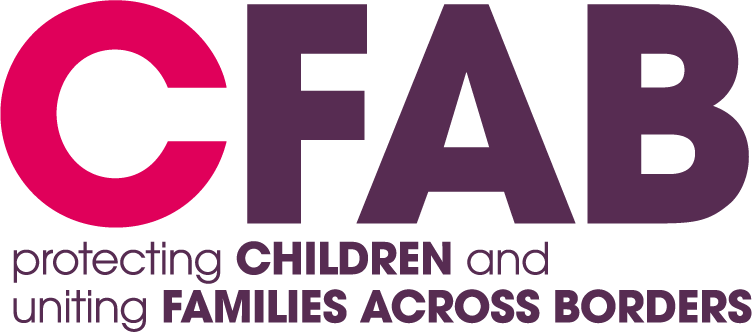The Launch of the Global Charter on Children’s Care Reform
The Global Charter on Children’s Care Reform has just been finalised - a landmark step towards ensuring every child grows up in a safe, loving family. CFAB is proud to have worked closely with the UK Government and other sector leaders to shape this Charter and amplify children’s voices. Now, we’re driving advocacy through our global network to secure more signatories and turn this vision into action. Together, we can strengthen families and prevent unnecessary separation.
In January 2025, Foreign Secretary David Lammy launched a landmark campaign calling for family-based care for every child worldwide. That campaign has taken a major step forward with the release of the Global Charter on Children’s Care Reform, a bold framework that has the potential to transform children’s lives across the globe.
We know from decades of experience that children thrive best in the care of safe and loving families. Sadly, millions of children continue to grow up without this support, too often spending their childhoods in harmful institutions. The Global Charter offers an opportunity to change this.
What is the Global Charter?
The Charter is designed to help governments work together to progressively end the use of children’s institutions and to build stronger family-based care systems. Rooted in the UN Convention on the Rights of the Child, it affirms that every child should grow up in an environment of happiness, love and understanding.
The Charter recognises the global pressures that families face today—climate change, poverty, food insecurity, conflict, disease, and displacement—which too often result in family separation and children left vulnerable to exploitation and harm. It calls for urgent, coordinated action to:
- Strengthen families and prevent unnecessary separation
- Ensure safe, family-based alternative care
- End the use of institutions for children around the world
The Charter places the best interests and rights of the child at the centre of reform.
Why This Matters
Research is clear: children thrive best in the care of their families. Kinship care provides continuity, stability and security, with children supported by trusted relatives in more long-term arrangements. Children in kinship care have increased confidence that they are part of a family who will be there for them as they grow into adulthood. Their sense of belonging is also strengthened by staying connected to their family identity, culture, and heritage.
This Charter represents hope for change. By strengthening families, investing in community-based services, and ending harmful practices such as orphanage tourism, we can create a future where every child grows up safe, loved and supported.
Next Steps on the Global Stage
With the Charter finalised, the next phase is crucial. Governments around the world are now being asked to sign on and commit to its objectives. Whilst nine countries and international organisations have formally joined the United Kingdom in backing this vision, the Foreign Secretary has set an ambitious target of securing 80 signatories.
In September 2025, the UN General Assembly will host a high-level event on the campaign, where announcements are expected on which countries are committing to the Charter. This will be a defining moment in global child protection reform.
CFAB’s Role
CFAB is proud to have worked closely with the Foreign, Commonwealth and Development Office (FCDO) and other sector leaders to shape the Charter and ensure children’s voices are heard.
CFAB is promoting the charter across our global network, encouraging in-country advocacy to build momentum for more countries to sign on.
Our Call to Action
We urge governments, civil society, NGOs and partners around the world to back the Global Charter on Children’s Care Reform. Together, we can transform the lives of children everywhere, ensuring that all grow up in families, protected from violence, exploitation and neglect.
CFAB will continue to advocate tirelessly, working with our partners to make care reform an international priority. Strong global coordination is vital for building a safer, more nurturing world for every child.


